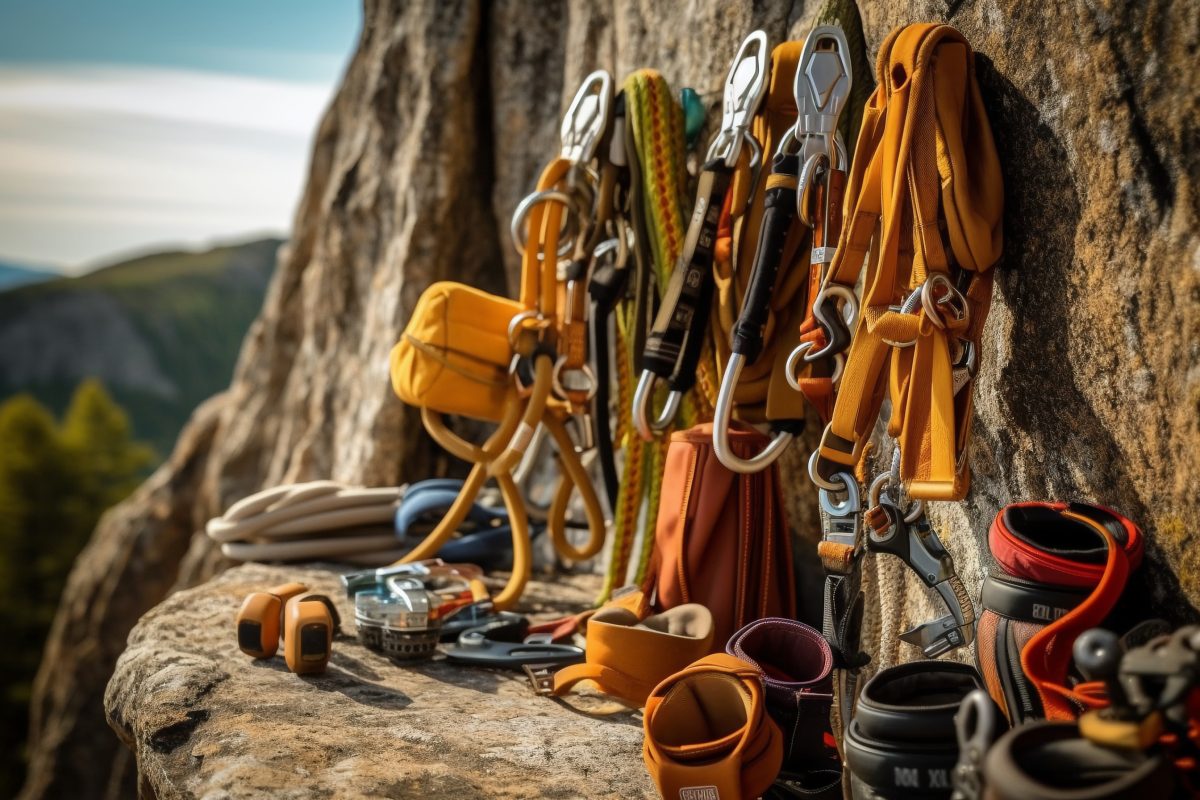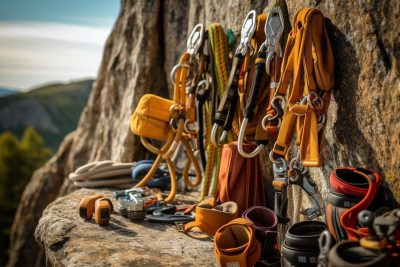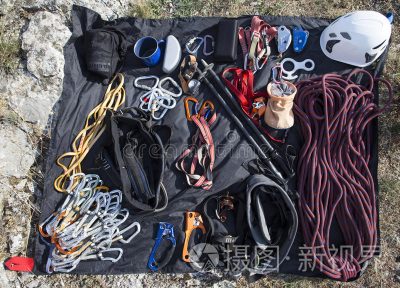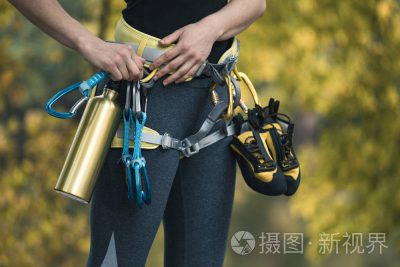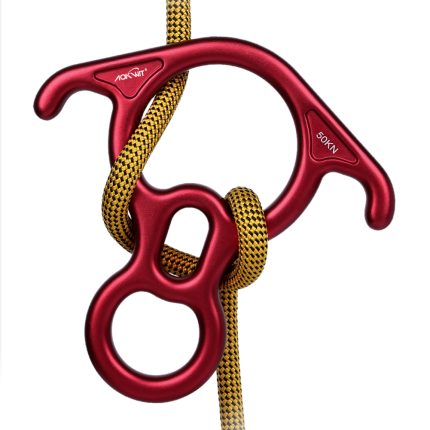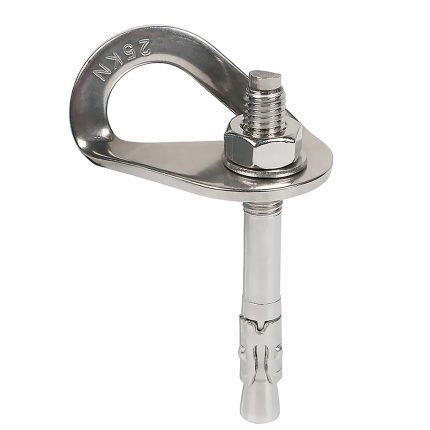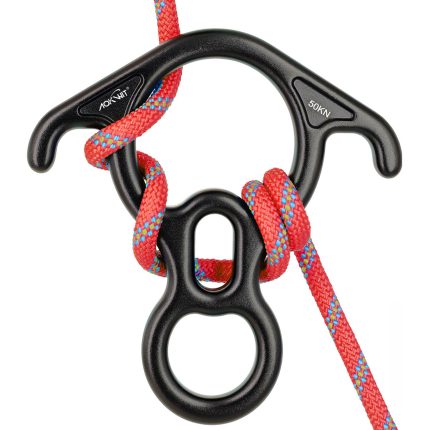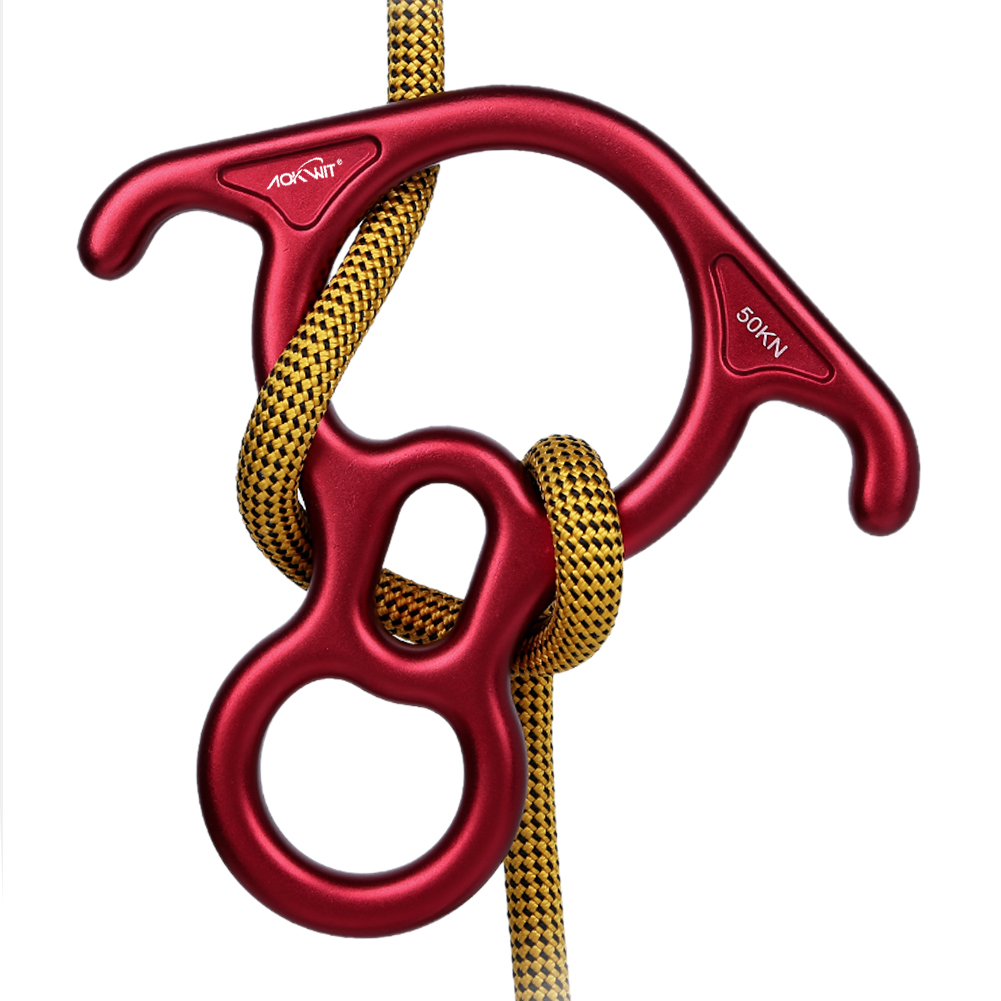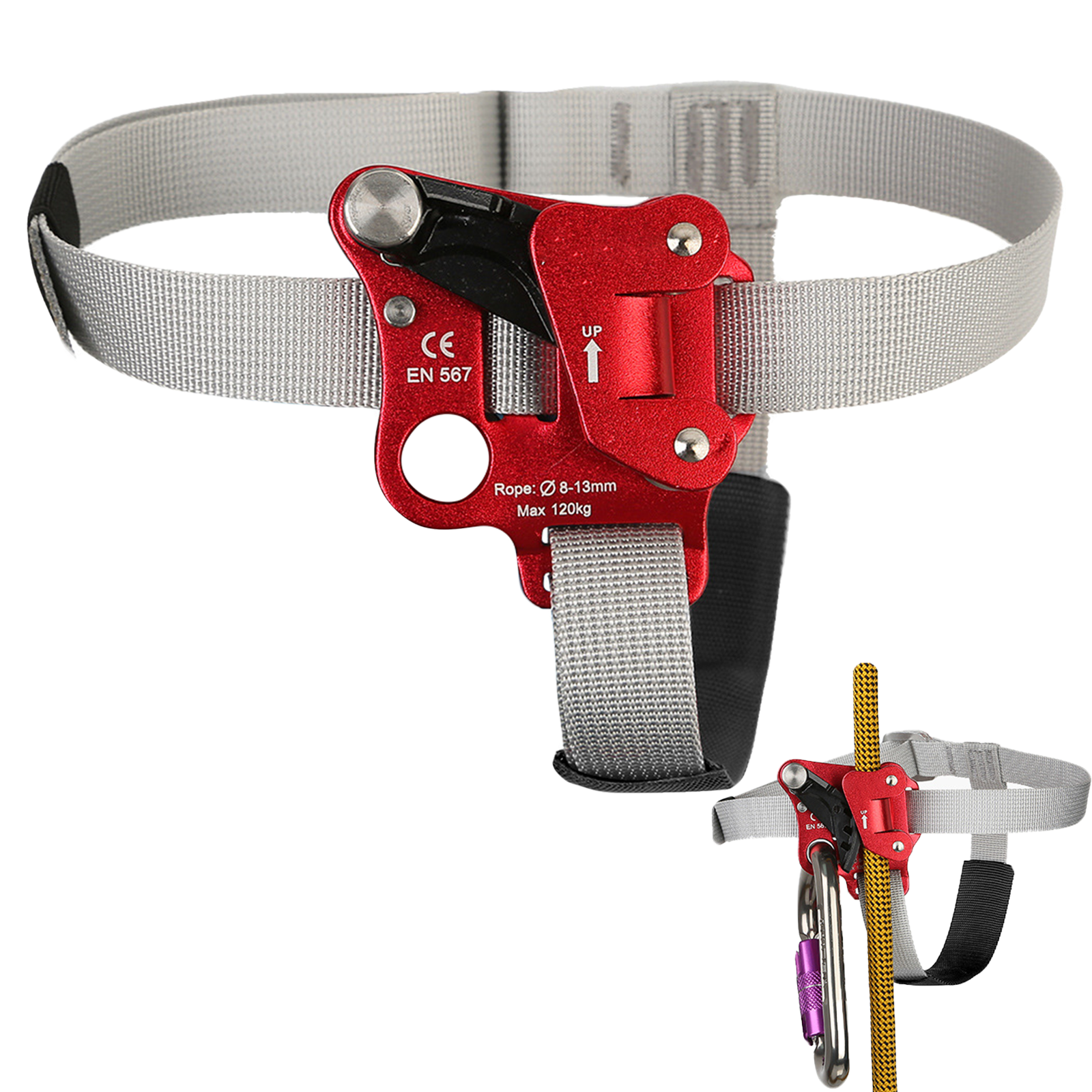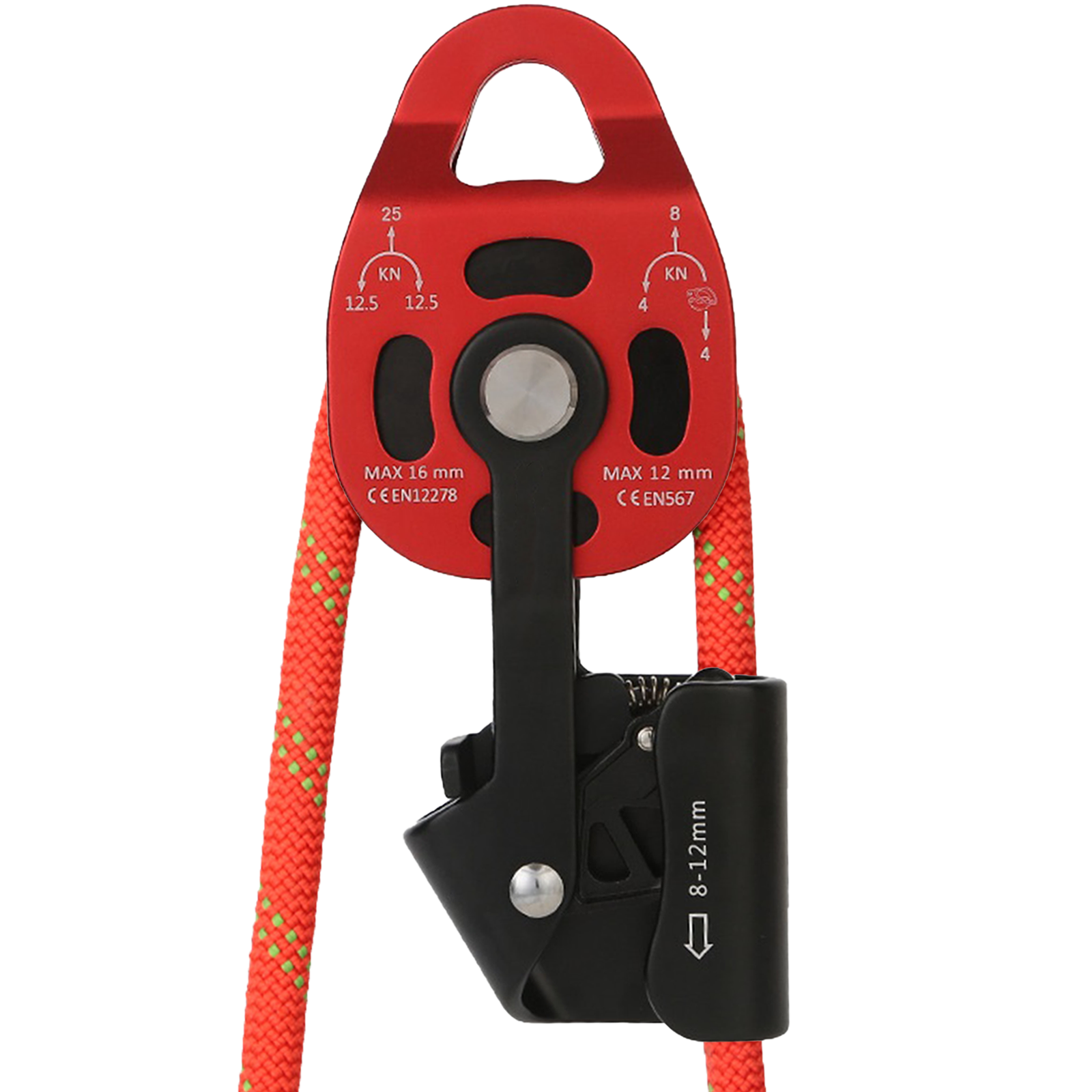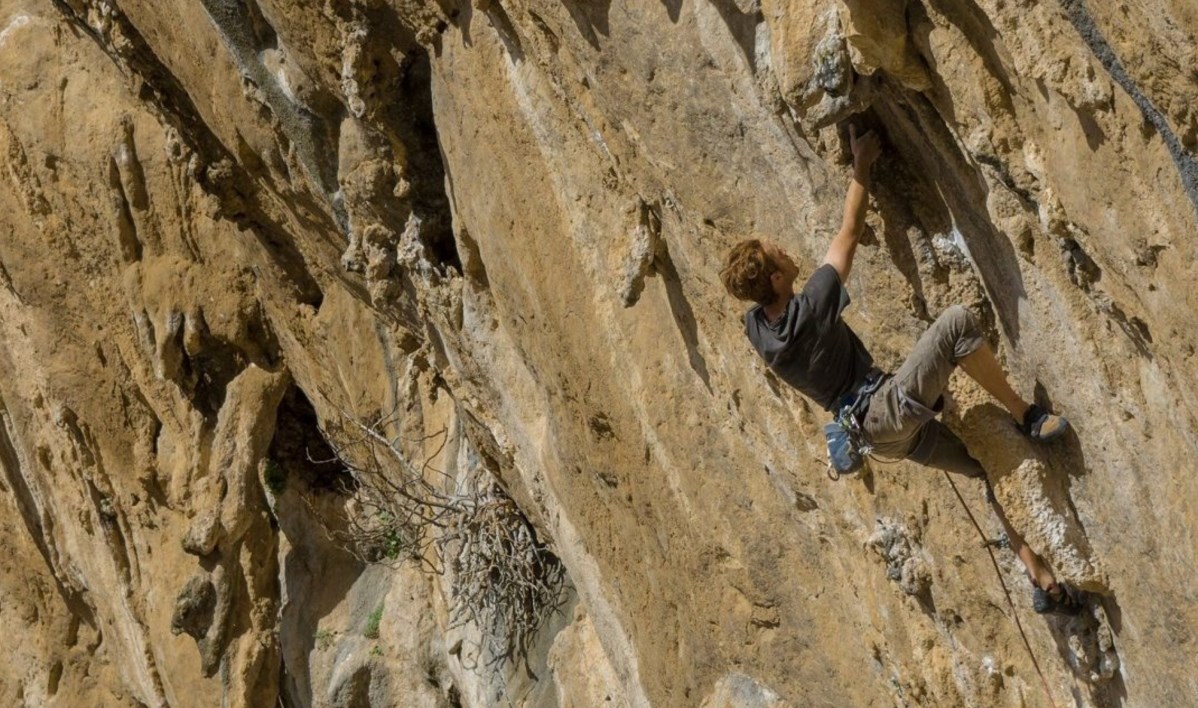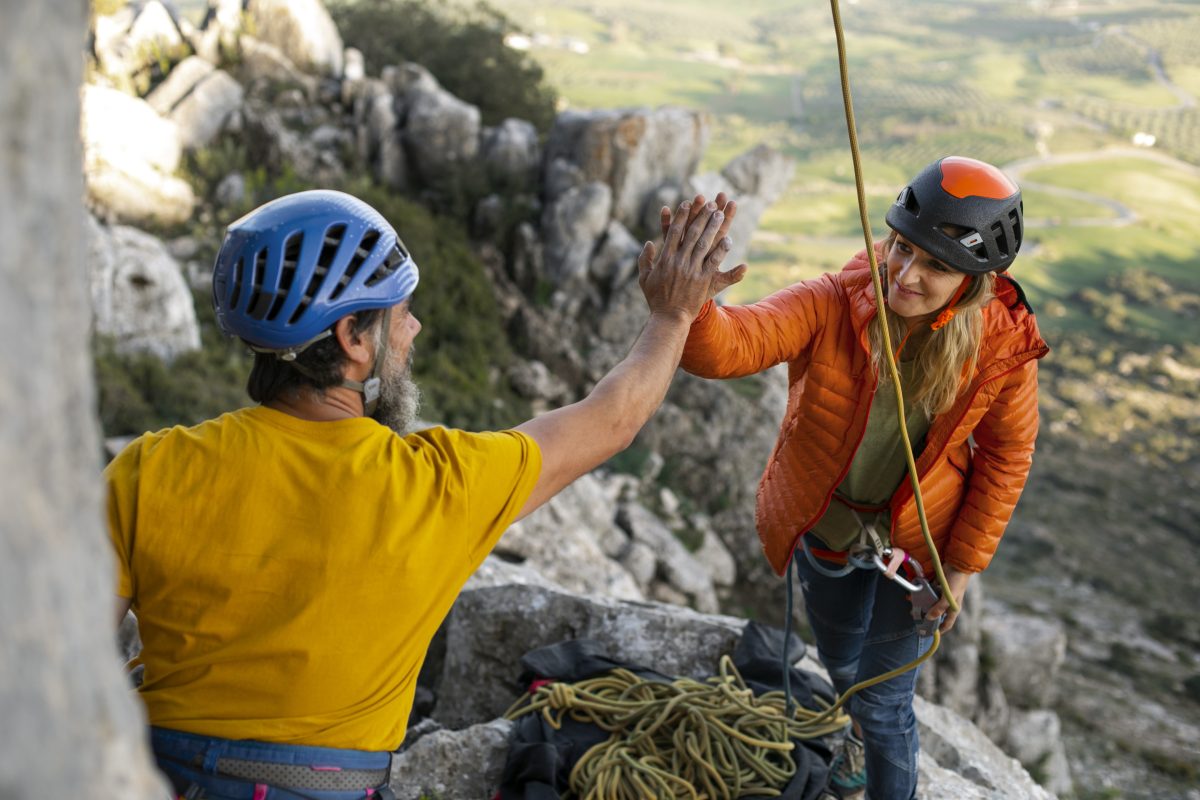How to Train the Mental Strength of Climbers
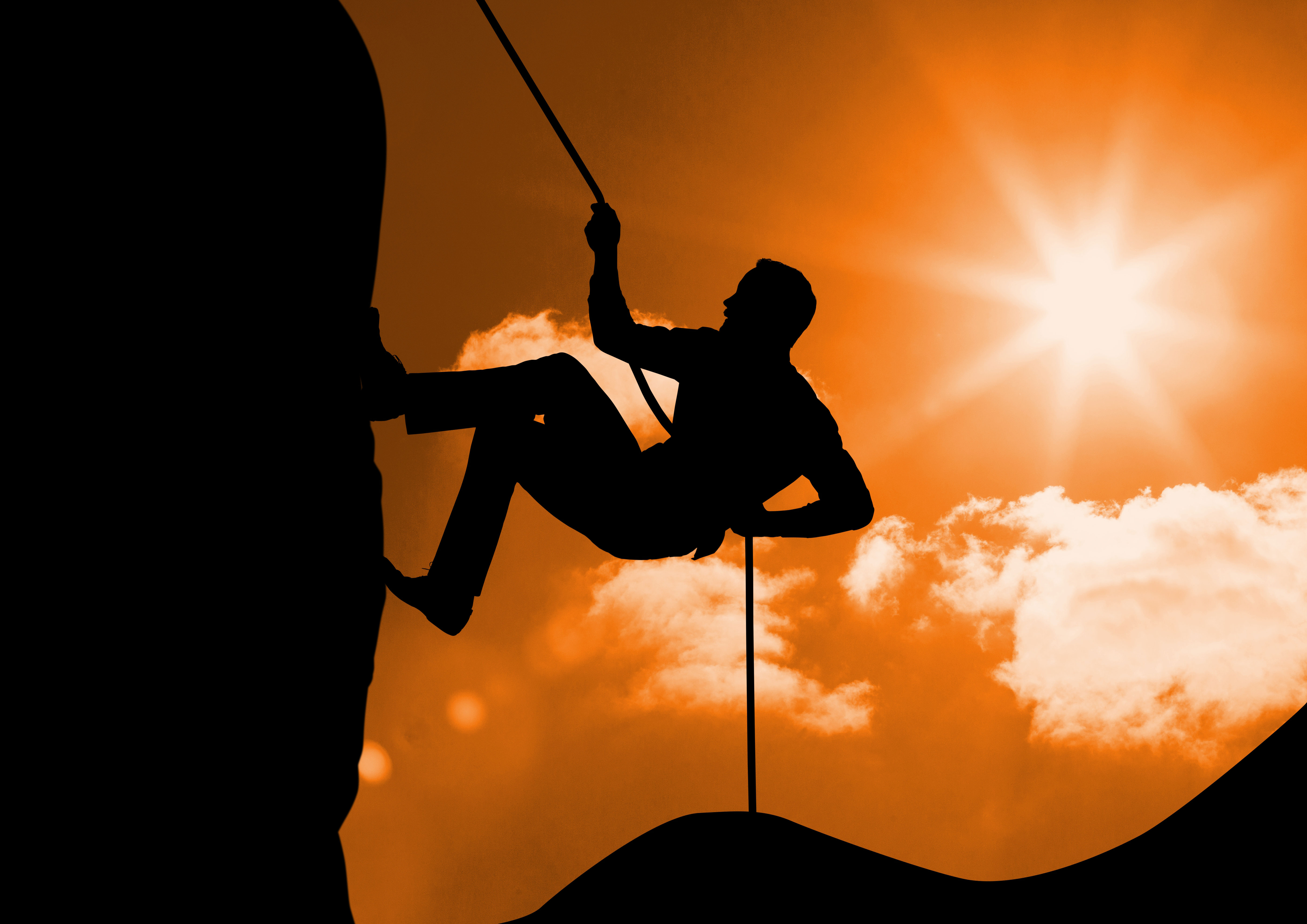
I. The Importance of Mental Training in Climbing
American scholar Gruber once stated: “For beginner and intermediate athletes, 80% of performance relies on biomechanical factors and 20% on psychological factors. For advanced athletes, the opposite is true: 80% hinges on psychological factors, and 20% on biomechanics.”
As training science and practices evolve, the significance of mental training in climbing has become increasingly evident. Traditionally, training and competitions were thought to primarily consume physical energy, with the belief that strong athletic conditioning and technical proficiency alone guaranteed success.
However, modern research confirms that both physical and psychological energy are expended during training and competition. Without proper mental preparation, even athletes with excellent physical and technical training may struggle to achieve peak performance. Thus, psychological training must now be an integral component of a climber’s regimen.
II.Understanding Psychological Training
Psychological training involves consciously influencing an athlete’s mental processes (including cognition, emotion, and volition) and individual psychological traits. Its goals are to cultivate essential positive mental qualities and equip athletes with methods to regulate their psychological states. This prepares them to tackle the demands of rigorous training and complex competitions.
At its core, psychological phenomena are essentially conditioned reflexes. Emotions, as manifestations of the mind, require a stable mental state. This includes clarity in competitive motivation, intensity in training and competition awareness, and the development of perception, attention, memory, imagination, and critical thinking.
III.Key Methods for Mental Conditioning
1.Integration of Signal Systems
During training, the second signal system (language, consciousness) must be leveraged through techniques such as visualization, self-talk, and coaches’ precise feedback. This helps establish conditioned reflex connections between mental cues (language) and physical actions (muscle memory). Repeated reinforcement shifts technical execution from a “conscious” to an “automatic” stage, reducing overthinking and enhancing perceptual accuracy during movement.
2.Managing External Distractions
Environmental factors, audience pressure, and competitors’ performances can disrupt an athlete’s focus. To mitigate these influences:
- Direct attention inward to movement mechanics.
- Use “information avoidance” strategies, such as reciting tongue twisters or focusing on internal sensations (e.g., breath rhythm, heart rate).
3.Overcoming Mental Fatigue
At critical heights, physical exhaustion amplifies emotional volatility. Athletes must:
- Draw on past successes to reinforce confidence.
- Suppress negative memories or failure-related thoughts.
- Replace cognitive interference with positive imagery and affirmations (e.g., “Stay calm,” “I’ve got this,” “Success is inevitable”).
4.Embracing Adaptive Thinking
Climbing competitions demand autonomy. Athletes must adjust strategies dynamically based on route complexity, hold placements, angles, and personal stamina. Emotional stability is key to entering a “flow state”—marked by composure, determination, and heightened adaptability. This optimal mindset enhances muscle coordination, strength, and technical execution, often leading to peak or even above-average performance.
IV.The Role of Emotional Regulation
Positive emotional arousal, such as moderate tension, can enhance stress response and drive performance. Conversely, anxiety triggers detrimental states like hesitation, distraction, or panic, which impair athletic output.
V.Long-Term Implementation
Psychological training is not merely a supplementary tool but a necessity for achieving competitive excellence. Its primary focus is on conditioning the nervous system, requiring consistent, structured practice over extended periods to yield significant results.
VI.Conclusion
In climbing, mental fortitude separates good athletes from exceptional ones. By integrating systematic psychological training into daily routines, climbers can unlock resilience, focus, and the ability to thrive under pressure—ultimately elevating their performance to new heights.






